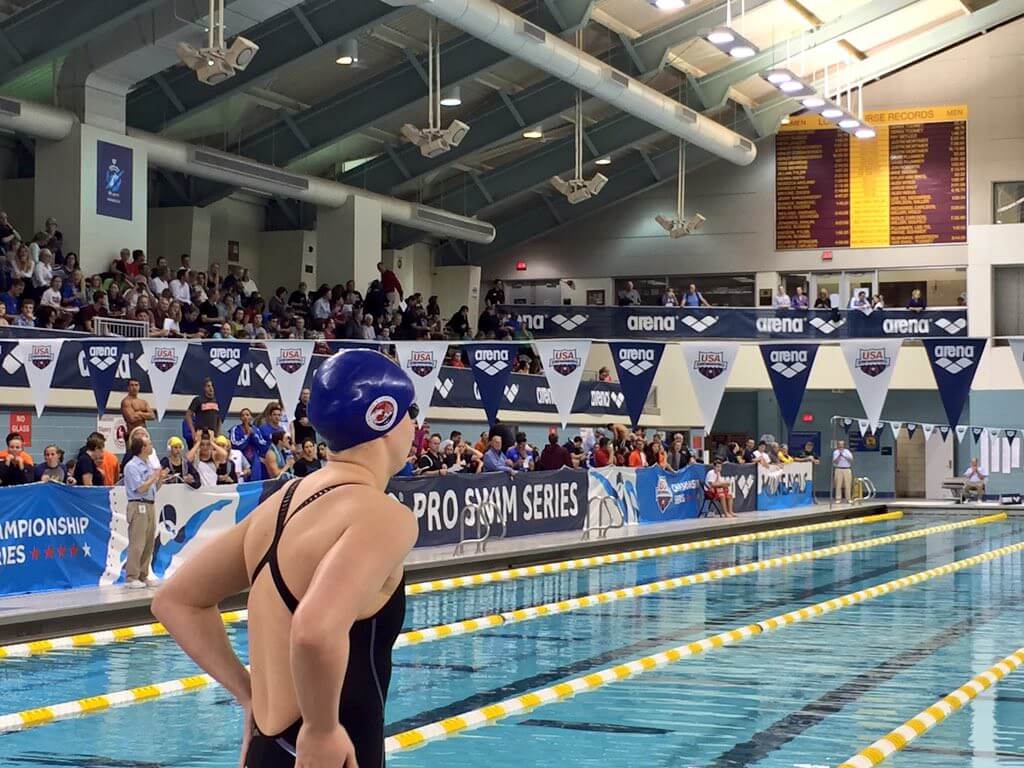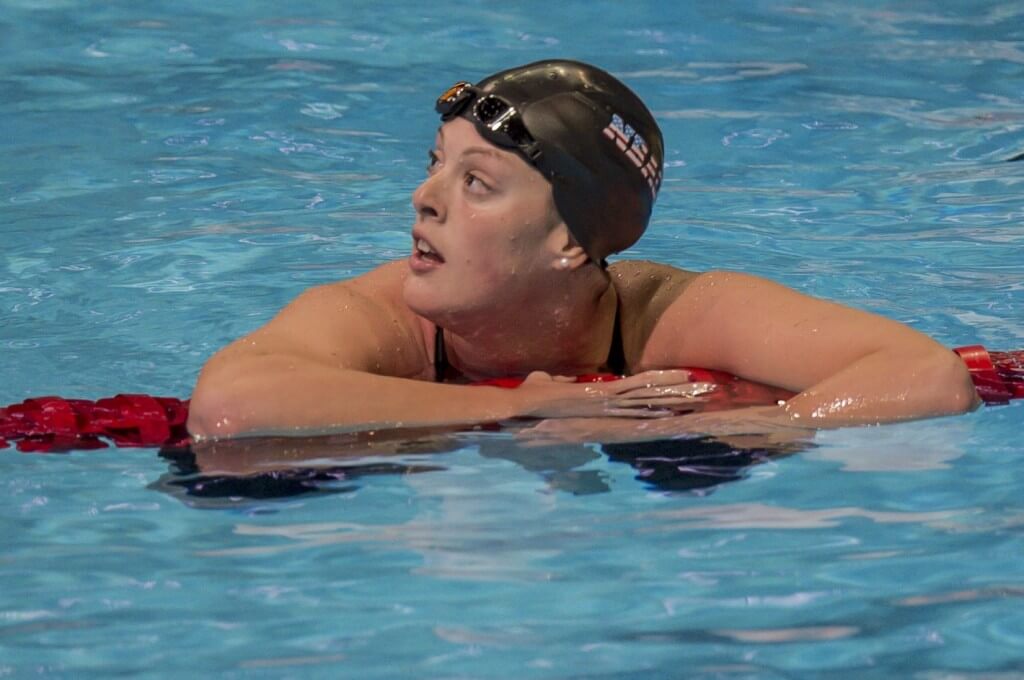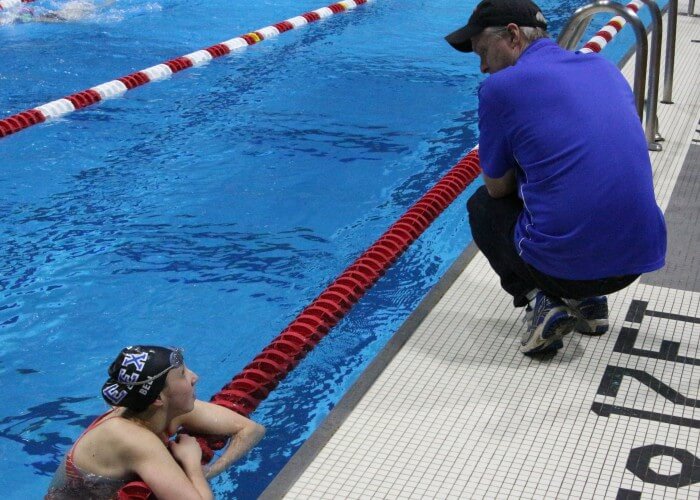Conquering the Year After Your Fairytale Season

By Lillian Nelson, Swimming World College Intern
There has always been plenty of coverage and focus on breakout performance years and the glory associated with said years. And just as in fairytales, the coverage usually stops or slows after the happy ending is achieved, and the spotlight moves on to the next performer of excellence.
This past May, Olympic gold medalist Allison Schmitt publicly opened up about her post-Olympic depression that she struggled with after the London games. Her story, along with the bravery it took to share it, inspired the world and made others feel safe to speak up and seek help in their own situations of struggle.
Like Schmitt, for many who experience a golden year, the end of that year is only the beginning of the work that lies ahead. Not every swimmer may experience the extremity that Schmitt dealt with, but that does not mean that it is not difficult. Now, there is the added pressure to perform just as well and even better than that of the previous year, and it can easily seem as though nothing is measuring up.
Of course athletes of our sport hope to end their careers with their greatest success, but for many, significant triumph comes multiple times and in multiple ways throughout a swimmer’s career.
Katie Ledecky, a clear star performer, is a prime example. With all she has achieved–multiple world records, 9 Long Course World Championship gold medals, 5 Pan Pacific Championship gold medals, and an Olympic gold medal— she hasn’t even experienced college swimming yet.
So how can we conquer the season after?
Continuing the Journey
I recently spoke with Sports Psychologist and Mental Training Consultant for KPEX Consulting, Aimee Kimball about this brick wall, so to say, that many athletes are likely to encounter. Kimball is the go-to consultant in the Pittsburgh, Pennsylvania area, and works regularly with professional, collegiate, and high school athletes in a variety of sports.
Kimball began by explaining the structure of the cycle that athletes, swimmers especially, tend to fall into at some point or another in the duration of their careers. Kimball explained that:
“Swimmers go through a period where they see great increases in speed, but eventually their success evens out and they struggle both physically and mentally. This isn’t because their hard work is no longer paying off. Rather, it’s because they have physically moved beyond a transitional period.”
Our bodies are constantly acclimating to the training we do week in and week out. At any point in time in the swimming world, someone somewhere is always trying something new to get better. Doing the same exact thing with the same exact intensity year after year isn’t always going to produce the same level of success and progress as the years passed. Our sport offers lots of opportunity for trial and error, and we have to be able to find the things that work for us, because no two athletes are the same.
Stepping Stones
Kimball went on to discuss how “swimmers often get in their own way by not believing in themselves and not trusting their training.” After an extra spectacular season, swimmers “tend to set and focus on long-term goals.” This is not a bad thing per say, however, short-term and daily goals are what need to be emphasized. There is no way to reach a big-picture goal without small changes and check-in points. Not to mention “athletes must trust that they are doing the right things.” When it comes down to it, you are the only one who has control of how successful you can be.
“When athletes feel they have a day-to-day plan, they then feel a greater sense of control which leads to greater confidence that they will eventually hit their goals. It is then a matter of patience, rather than perfection, and commitment to the process of success, rather than a focus on the outcome.”
Focusing on one practice at a time makes the overall goal seem much more attainable and a lot less intimidating. Training in such a way that you are confident that you did at least something that day to improve yourself can build up your confidence in your training and your overall ability.
Self-doubt can be crippling to athletes, and is simply a waste of energy. Your coaches, teammates, and parents can believe in you until they are blue in the face, but if you do not believe in and trust yourself, you may never be able to discover just how successful you can actually be.
Additionally, don’t forget to give yourself credit for what you have already achieved. Kimball pointed out that “too many successful athletes take success for granted and forget that they have already been successful. They have now set new, more difficult goals that SHOULD be challenging both mentally and physically.”
Struggle is a sign of growth. Embrace it, and know that if you are not challenged by your goals, they were not set high enough in the first place. Remember that “improvement comes from being driven to succeed, not from being afraid to fail” Kimball concluded.
So dive in, take it one practice at a time, and believe in yourself. Understand that new goals take time and may require adjustments, so find what is right for you and stick with it. Light the fire in your belly and it will drive you to great success.






Hanna Blewett
A brick wall is nothing compared to your swims!!